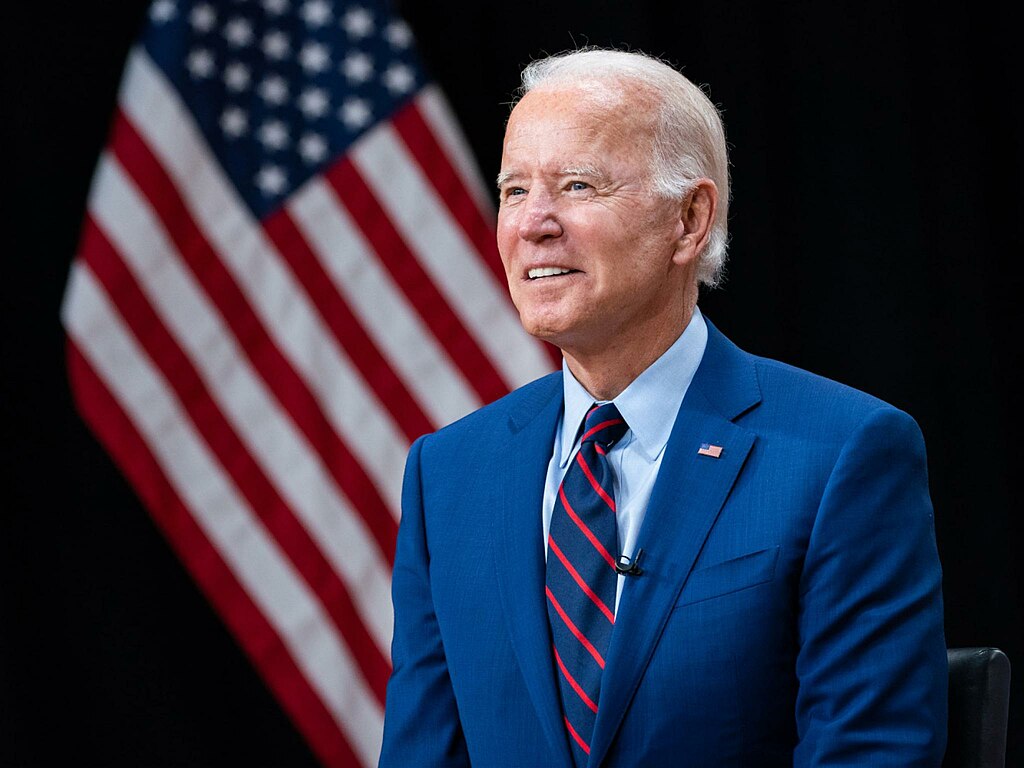In his final hours as president, Joe Biden issued preemptive pardons for several individuals, including family members and high-profile figures like Liz Cheney and Mark Milley. The pardons extend to members of the Jan. 6 congressional committee and Capitol police officers who testified during investigations. Anthony Fauci, former White House medical advisor, also received a pardon amid ongoing partisan scrutiny.
Biden's pardons, seen as a protective measure, included his siblings and their spouses, citing relentless politically motivated attacks against them. Hunter Biden, the president's son, was also pardoned after facing tax and firearm-related charges. Biden defended his actions, emphasizing the unjust targeting of public servants and his family, which he described as the worst form of partisan politics.
Among the most notable was the commutation of Native American activist Leonard Peltier’s life sentence, despite strong opposition from the FBI. Peltier will now serve the remainder of his sentence under home confinement. Biden justified his decision, citing exceptional circumstances and the need to safeguard individuals from politically motivated actions.
Incoming President Donald Trump criticized the pardons, particularly those for Cheney and Milley, questioning their necessity and suggesting they signaled guilt. Milley, previously accused of disloyalty by Trump, expressed gratitude for the pardon. Fauci, who clashed with Trump during the COVID-19 pandemic, called Biden’s gesture a recognition of his integrity.
Biden maintained the pardons were a defense of democracy and the rule of law. Stressing his belief in legal institutions, he condemned the intimidation and threats faced by public servants. While controversial, the pardons underscore Biden’s parting message to protect those he believed were unfairly targeted.



 Court Allows Expert Testimony Linking Johnson & Johnson Talc Products to Ovarian Cancer
Court Allows Expert Testimony Linking Johnson & Johnson Talc Products to Ovarian Cancer  Trump Says “Very Good Talks” Underway on Russia-Ukraine War as Peace Efforts Continue
Trump Says “Very Good Talks” Underway on Russia-Ukraine War as Peace Efforts Continue  Federal Judge Restores Funding for Gateway Rail Tunnel Project
Federal Judge Restores Funding for Gateway Rail Tunnel Project  Norway Opens Corruption Probe Into Former PM and Nobel Committee Chair Thorbjoern Jagland Over Epstein Links
Norway Opens Corruption Probe Into Former PM and Nobel Committee Chair Thorbjoern Jagland Over Epstein Links  India–U.S. Interim Trade Pact Cuts Auto Tariffs but Leaves Tesla Out
India–U.S. Interim Trade Pact Cuts Auto Tariffs but Leaves Tesla Out  Newly Released DOJ Epstein Files Expose High-Profile Connections Across Politics and Business
Newly Released DOJ Epstein Files Expose High-Profile Connections Across Politics and Business  U.S. Lawmakers to Review Unredacted Jeffrey Epstein DOJ Files Starting Monday
U.S. Lawmakers to Review Unredacted Jeffrey Epstein DOJ Files Starting Monday  U.S. Announces Additional $6 Million in Humanitarian Aid to Cuba Amid Oil Sanctions and Fuel Shortages
U.S. Announces Additional $6 Million in Humanitarian Aid to Cuba Amid Oil Sanctions and Fuel Shortages  U.S.-India Trade Framework Signals Major Shift in Tariffs, Energy, and Supply Chains
U.S.-India Trade Framework Signals Major Shift in Tariffs, Energy, and Supply Chains  Trump Signs “America First Arms Transfer Strategy” to Prioritize U.S. Weapons Sales
Trump Signs “America First Arms Transfer Strategy” to Prioritize U.S. Weapons Sales  Federal Judge Rules Trump Administration Unlawfully Halted EV Charger Funding
Federal Judge Rules Trump Administration Unlawfully Halted EV Charger Funding  TrumpRx.gov Highlights GLP-1 Drug Discounts but Offers Limited Savings for Most Americans
TrumpRx.gov Highlights GLP-1 Drug Discounts but Offers Limited Savings for Most Americans  Federal Judge Signals Possible Dismissal of xAI Lawsuit Against OpenAI
Federal Judge Signals Possible Dismissal of xAI Lawsuit Against OpenAI  Trump Family Files $10 Billion Lawsuit Over IRS Tax Disclosure
Trump Family Files $10 Billion Lawsuit Over IRS Tax Disclosure  Meta Faces Lawsuit Over Alleged Approval of AI Chatbots Allowing Sexual Interactions With Minors
Meta Faces Lawsuit Over Alleged Approval of AI Chatbots Allowing Sexual Interactions With Minors  US Pushes Ukraine-Russia Peace Talks Before Summer Amid Escalating Attacks
US Pushes Ukraine-Russia Peace Talks Before Summer Amid Escalating Attacks  US Judge Rejects $2.36B Penalty Bid Against Google in Privacy Data Case
US Judge Rejects $2.36B Penalty Bid Against Google in Privacy Data Case 































